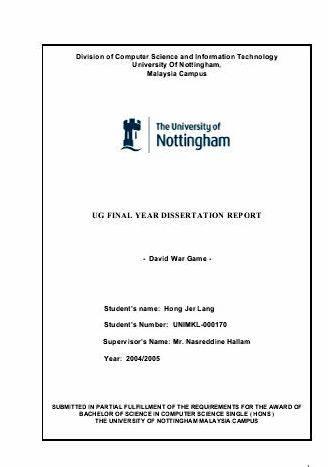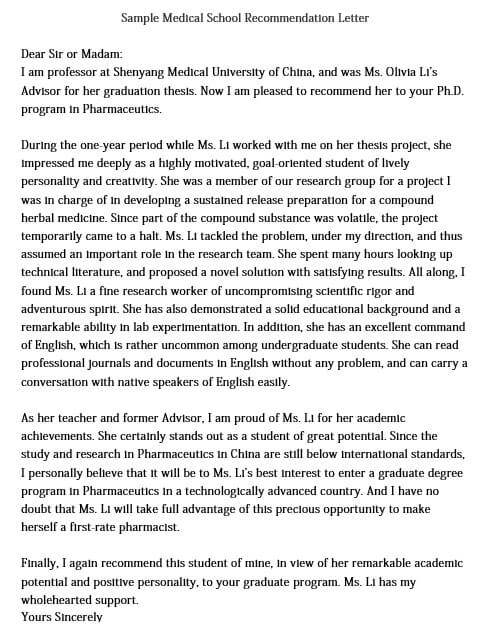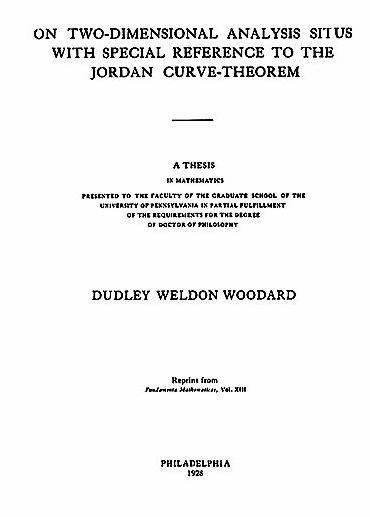An Essay on the Principle of Population - Econlib.
AN ESSAY ON THE PRINCIPLE OF POPULATION 1798 An essay on the principle of population, as it affects the future improvement of society with remarks on the speculations of Mr. Godwin, M. Condorcet, and other writers. London, printed for J. Johnson, in St. Paul's church-yard, 1798.
Essay on the principle of population 1798 summary did not. From a legal and political perspective, reliance on the Declaration of Independence provided a more solid footing than the Constitution, but the words in the Declaration of Independence did not secure liberation from Great Britain.

Thomas robert malthus an essay on the principle of population - Bookworm adventures full version free, most notably in the work of Robert Owen, of the True Law of Population ( ) was by politician Thomas Doubleday, an the ideas of Malthus in his work, Principles of.

Thomas Malthus: An Essay on the Principle of Population (1798) An Essay on the principle of population, as it affects the future improvement of society, with remarks on the speculations of Mr Godwin, M. Condorcet and other writers.

The Essay on the Principle of Population, which I published in 1798, was suggested, as is expressed in the preface, by a paper in Mr. Godwin’s Inquirer. It was written on the impulse of the occasion, and from the few materials which were then within my reach in a country situation.

An Essay on the Principle of Population is an influential treatise first published anonymously in Great Britain in 1798.

The book An Essay on the Principle of Population was first published in 1798 under the alias Joseph Johnson, (1) (2) but the author was soon identified as Thomas Robert Malthus. While it was not the first book on population, it has been acknowledged as the most influential work of its era.

An Essay on the Principle of Population (1798) Thomas Malthus. 86. Chapter 1. Question stated—Little prospect of a determination of it, from the enmity of the opposing parties—The principal argument against the perfectibility of man and of society has never been fairly answered—Nature of the difficulty arising from population—Outline of the principal argument of the Essay.

An Essay on the Principle of Population, as it Affects the Future Improvement of Society, with Remarks on the Speculations of Mr. Godwin, M. Condor cet, and Other Writers in 1798. What the world still knows, accurately or not, as the 'Malthusian' position, therefore, and what was to become the basis for Malthus's.

Thomas Robert Malthus’ 1798 Essay on the Principle of Population helped change the direction of economics, politics, and the natural sciences with its reasoning and problem solving. The central topic of the essay was the idea, extremely prevalent in the 18th and 19th centuries, that human society was in some way perfectible.

As the world's population continues to grow at a frighteningly rapid rate, Malthus's classic warning against overpopulation gains increasing importance. An Essay on the Principle of Population (1798) examines the tendency of human numbers to outstrip their resources, and argues that checks in the form of poverty, disease, and starvation are necessary to keep societies from moving beyond their.

In his 1798 work, An Essay on the Principle of Population, Malthus examined the relationship between population growth and resources. From this, he developed the Malthusian theory of population growth in which he wrote that population growth occurs exponentially, so it increases according to birth rate.

Thomas Malthus (1798) An Essay on the Principle of Population. CHAPTER 3. The savage or hunter state shortly reviewed - The shepherd state, or the tribes of barbarians that overran the Roman Empire - The superiority of the power of population to the means of subsistence - the cause of the great tide of Northern Emigration.



